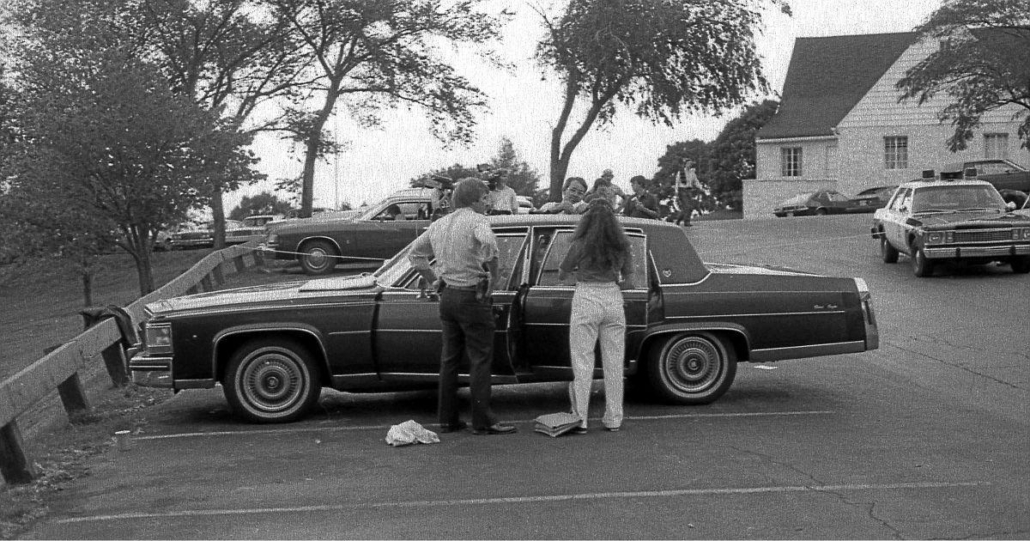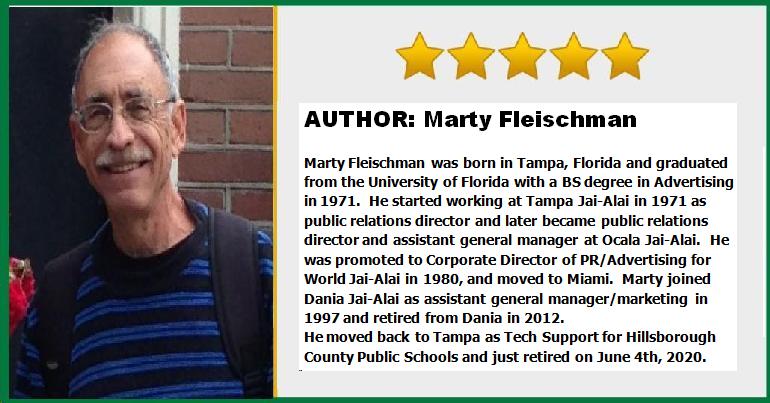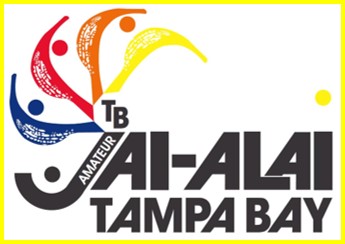“Who Killed Roger Wheeler?”


Roger Wheeler had acquired World Jai-Alai in late 1978. He was found shot to death in his car at Southern Hills Country Club in Tulsa, Oklahoma
May 27th, 1981
“Roger’s dead.” Dick Donovan had just hung up the phone and looked at Rico and I with a bewildered look on his face. “What?” we both said simultaneously. “Roger’s dead,” Donovan repeated.
Slowly Rico gathered up the playing cards and inserted them back into the package . The chairman of the board of Telex Corporation and new owner
of World Jai-Alai had been shot and killed after a round of golf at his home club in Tulsa, Oklahoma.
One Year Earlier
I had just completed my first full season at Miami Jai-Alai as the new Corporate Director of Public Relations. Now married and living in an apartment on Kendall Drive south of the fronton, I was still trying to adjust to life in Miami.
Playing gin rummy every day with the top two executives in the company, Dick Donovan (CEO) and Paul Rico (COO), had its advantages. I was on the “inside”, hearing much of the highest level strategy of the company. It, also, had its disadvantages. I came home each night stinking of cigar smoke. They both liked to puff on stogies as we played cards. My poor wife Sue had to endure that.
During the beginning of months of 1980, I found out that Donovan was working on a way to allow Miami Jai-Alai to be open longer than its usual 4-month winter season. Remember, all the tracks and frontons were closely regulated by the State of Florida, limiting their dates of operation. This was done primarily to keep a cap on gambling.
So, tracks and frontons would submit requests for dates to operate. All wanted the best time of year that would maximize their profits. Mostly, the winter months in Florida were the most lucrative dates.
“I think there may be a way for us to run another Jai-Alai season,” Donovan told Rico and I one late afternoon during our gin session. “I’ve been talking to the dog tracks and Jim Tillman (our legislative lobbyist) about converting the Miami Beach Kennel Club license to a summer Jai-Alai permit.”
Apparently, the Miami Beach dog track, located on the southern tip of Miami Beach, was the least successful dog track in South Florida. Donovan thought if the three area dog tracks, Flagler, Biscayne, and Hollywood could join us in buying out the track, he could go to the state legislature and file a bill to convert that license to a summer Jai-Alai partnership. This summer Jai-Alai meet would split the profits among the four ownership groups.
Miami Jai-Alai handled about $68 million in 1979. The hope was that we could double that running two seasons, thus making a huge profit. Though
we would only make 1/4 of the revenues, many operating expenses could be written off through Summer Jai-Alai.
As I listened to the concept, I began to realize that my “four-month” job was now turning into eight months. Where were those promised summer billiard games in the executive offices? How about the “relaxed” eight months of operation in the off-season that lured me from Tampa to the corporate job in Miami?
But, higher profits had to mean higher salaries. Since we were struggling to get Jai-Alai approved in other states, why not expand it in our own? The concept was sound, but getting all these competitors to agree on a deal would be an enormous challenge. Then, getting the legislature to approve a license transfer was monumental.
Believe it or not, IT HAPPENED! The “Summer Jai-Alai” bill passed during the spring legislative session. Miami Jai-Alai would run its first summer season in its more than 50 years of operation.
Bills, such as these, are written a certain way so as to be constitutional. They cannot be written to favor one entity or business. So, it was crafted with non-specific language that would make Miami Jai-Alai the only track in the state that could run summer Jai-Alai. Except, it was not.
Much to the shock of Donovan and the other track owners, the crafted language would make Dania Jai-Alai, our biggest competitor in the market, eligible for a summer Jai-Alai permit! This would definitely affect the projected profits for Miami’s summer meet.
And, so it happened. The law would go into affect July 1st, 1980. Players would sign extended contracts. They were happy because most of them could now remain in Miami year-round. They would not have to play at a summer fronton, like Ft. Pierce.
Since my job entailed both corporate and local fronton duties, Donovan and Rico told me I could hire a full time assistant. This person would work the Jai-Alai performances, which were nights and matinees. In essence, he or she would be the Assistant Public Relations Director for Miami Jai-Alai.
The job search for that person did not take long. When I arrived in Miami, one of the first people to call me was a young Jai-Alai fan named Kevin
Koffman. He was about to graduate from FSU. Kevin had done some radio work in Miami during college and loved the sport. I hired him immediately after graduation.
Next, Rico had suggested hiring the top PR firm in Miami, Hank Meyer Agency, to assist in local and national public relations opportunities. I really had no idea what they would do but was all for it if it was going to make things easier for me. They assigned an Account Executive named Van Forrester to us.
Van looked like an ex-CIA undercover operative. He dressed in conservative attire except for his loafers with no socks. I still was not sure what the PR firm had to offer, but liked their first idea.
Hank Meyer had a meeting with us and suggested we take the sport on the road. One of our major assets was Joey Cornblit, the top American Jai-Alai player in the world.
Born in Montreal, Canada, of Israeli parents and having moved to Miami as a baby, Joey had a unique story to tell. The agency thought they could book Joey in several markets across the U.S. and Canada generating great publicity for the sport.
So, Van came to us one day with a schedule of dates and cities. I was to accompany Joey on the tour. Van would be our guide, our “Press Agent.”
The agency had arranged for us to visit Atlanta, Cleveland, Montreal and Toronto. They had set up interviews for Joey on local radio and television stations in those markets.
Our first trip was to Atlanta to a fledgling station called CNN. Joey was a natural. His personal appeal and great story charmed all the media we visited. He truly was the best emissary for the sport of Jai-Alai I had ever seen.
After a successful trip to Atlanta, Van had future dates for Cleveland, Montreal, and Toronto. Joey and I looked forward to each trip.
We got to know each other extremely well while traveling and became close friends. I will tell you, Joey is not only an extraordinary athlete, but one of the finest people I know.
He handled himself with great poise during the media tour. Though in his early 20’s, he came across as a humble and cooperative super star. It was a shame that the media tour was cut short by an unforeseeable event that rocked our world.
————————————————————————————-
“Roger’s dead.” Dick Donovan had just hung up the phone and looked at Rico and I with a bewildered look on his face. “What?” we both said simultaneously. “Roger’s dead,” Donovan repeated. Slowly Rico gathered up the playing cards and inserted them back into the package.
“What happened?” I asked incredulous to what I just heard. “Apparently, he was leaving Southern Hills Country Club where he plays every Thursday,” Donovan explained. “And, he was shot!”
I didn’t know what to do or say. We all just sat there and stared at each other. Then, the door burst open. David Wheeler, one of Roger’s sons who worked in our accounting department, yelled, “Did you just hear, my dad was shot?” We all nodded our heads. “Oh my God, I have to get home,” he said, and ran out of the office.
Dick told me to go home. He hoped to have more information later. “I’m sure you will be getting some calls on this tomorrow,” he told me.
Getting some calls? That was the understatement of the century. What I found the next morning completely blew my mind!










